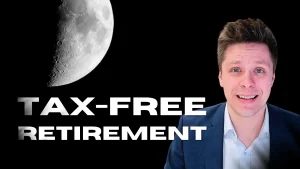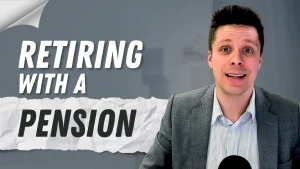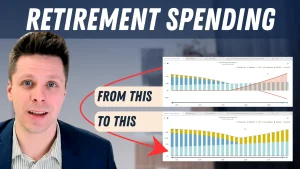[vc_row css=”.vc_custom_1612380408194{padding-top: 20px !important;padding-bottom: 20px !important;}”][vc_column][vc_video link=”https://youtu.be/mYYBXuUOFFY” css=”.vc_custom_1663949989742{padding-top: 20px !important;padding-bottom: 20px !important;}”][vc_column_text css=”.vc_custom_1663950614367{padding-top: 20px !important;padding-bottom: 20px !important;}”]Whether you are looking to hire a financial advisor or already working with someone, there are a few key questions that you should get answered.
Let’s dig into these questions and review some of the answers that should raise red flags.
Are you a fiduciary?
If you asked a friend or family member whether or not current regulations required financial advisors to act in clients’ best interest, I would imagine the majority would answer yes, or I certainly hope so. Unfortunately, that’s not the case.
A fiduciary is a person or organization that acts on behalf of another person or persons, putting their client’s interests ahead of their own, with a duty to preserve good faith and trust. Being a fiduciary thus requires being bound both legally and ethically to act in the other’s best interests.[1]
In Canada, only a small percentage of financial advisors can call themselves fiduciaries. To do so, they must either be registered as a Portfolio Manager or have completed their Chartered Financial Analyst designation (CFA).
If a financial advisor isn’t a fiduciary, they don’t have a legal obligation to act in your best interest. To me, that would be a red flag if someone was managing my life’s work.
What are your fees?
Having spoken to many individuals over the years, investment management fees can be an extremely grey area. Many people have no idea how much their financial advisor charges them or are under the impression that there are no fees.
It can be challenging to determine if your financial advisor is valuable without knowing how much their services cost.
As a follow-up to this question, it’s also important to ask what you can expect to pay as an all-in fee. Many advisors will tell you their fee, but many investments also have embedded fees that aren’t always disclosed.
The most glaring example is on some investment statements I’ve seen over the years. Financial advisors will indicate the fees paid to them but will not include the embedded fees in the investment in your account. By showing these fees as well, you might be surprised to learn that you are paying twice as much as you thought.
What services do you specialize in?
If you had a heart attack, would you rather see a cardiologist or family doctor?
It’s the same thing when it comes to working with a financial advisor. Do they have a specialty, or would they consider themselves a generalist in the sense that they know a little about everything?
Let’s imagine you are retiring; would you rather work with a retirement specialist who exclusively works with retirees to ensure they withdraw their retirement assets as tax-efficiently as possible or the generalist who is also working with a 30-year-old to purchase their first home?
If you feel your situation merits a specialized approach, make sure that the financial advisor’s skill set matches your needs.
Why did your last two clients leave you?
This is a great question to ask after you’ve built rapport with the advisor. Don’t get me wrong, I know it can be pretty difficult to ask as it can come off as confrontational, but it can provide you with some valuable insight.
This isn’t a question financial advisors often receive, so they won’t have a rehearsed answer ready to go. This allows you to see how honest and genuine they are in their response. If they fumble through the question or say they’ve never lost a client, that’s a red flag because all financial advisors lose clients.[/vc_column_text][/vc_column][/vc_row]





